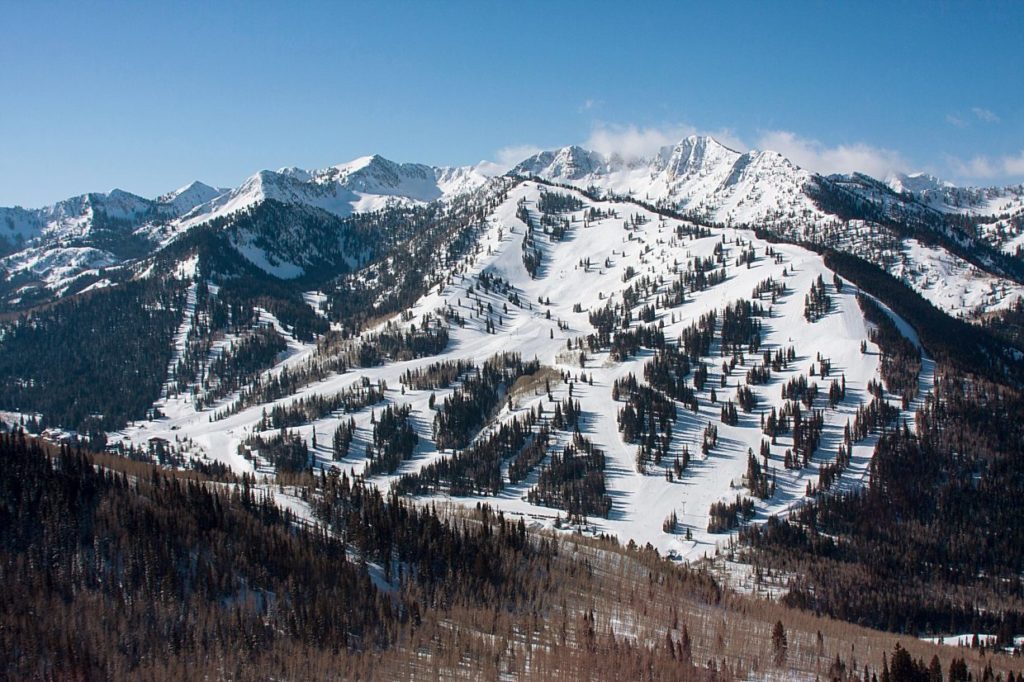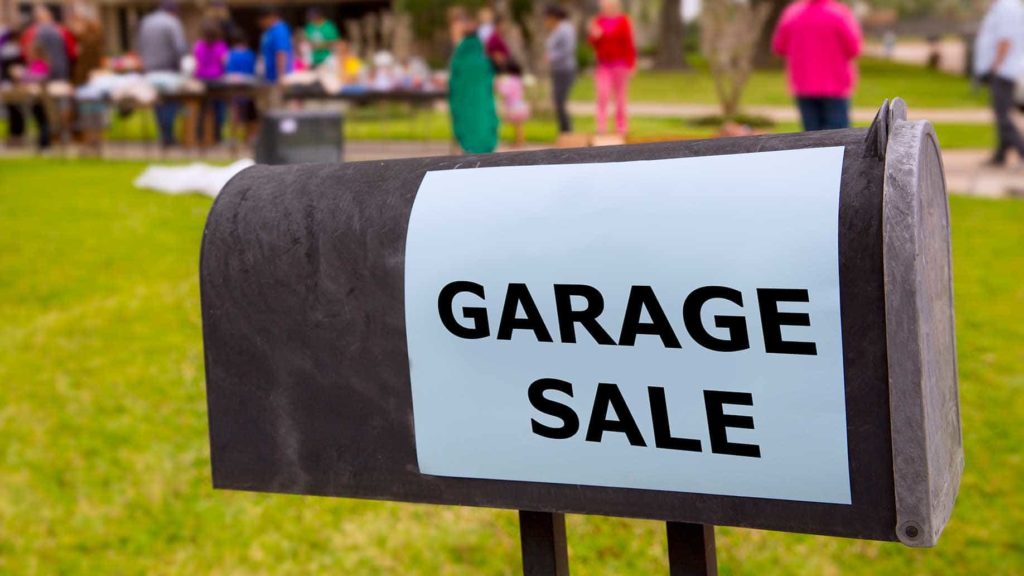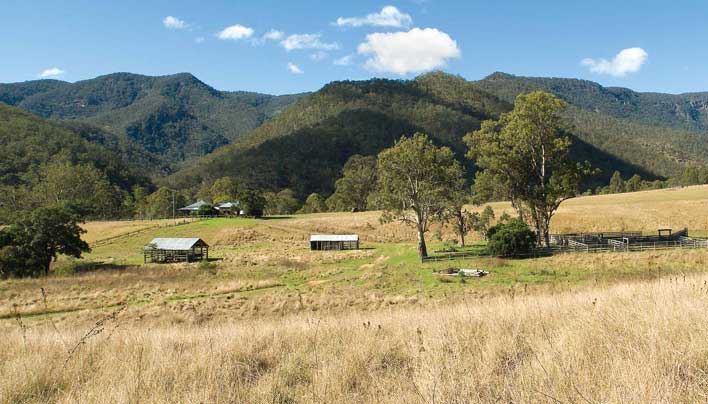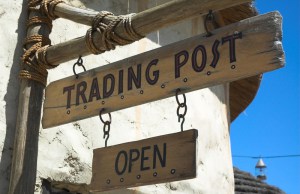
A couple of days ago, my nephew, who’s 8 years old, asked me what do I do for a living. Of course, my answer to him was that I’m a prepper and that I write about it. Cute, I know, but try explaining to a toddler what the Hell is that supposed to mean. Tried to give him the prepping talk with Smokey the Bear and Ivan the gas mask-wearing city denizen.
Dunno if I managed to get through to him – barely convinced my teen daughter and son to help me move some stuff to the family’s mountain cabin, but here’s the thing – in talking to the tyke I got around to realizing how much BS’s floating around our prepping world.
Hell, even the word itself sounds like a cheap millennial knockoff when in fact it’s something as old as time itself. Our grandparents used to call it “common-sense” or just survival. I sometimes wonder – could it be that in prepping for disaster, we actually welcome it in our lives?
Today’s topic will somewhat different. Perhaps you have friends or close acquaintances who wish to become preppers themselves. That’s great, but we really mustn’t lose track of the fact that, in most cases, prepping is far more than buying a nifty gadget or stockpiling food and water in case shit hits the proverbial fan.
The truth of the matter is, not all of us are NBPs (natural-born preppers). Sure, there is such a thing as survival instinct or, as my dad likes to call it, knowing how to guard your royal keister, but that is, more or less, case-dependent. Prepping is not. You do it around the clock, and, most importantly, you never stop.
Sure, for some, it’s a way of life, but for most of us, it’s one of those nagging thoughts nesting at the backs of our heads, keeping us awake at night: “But what if Katrina strikes again? What will happen to me or my family if North Korea declares war on the United States?” Okay, I’m going to stop right here with my end of the world train of thought.
Now, in wanting to show my fellow preppers that this lifestyle choice is no bed of roses, I’ve thought long and hard and finally managed to jot down a small list of reasons why prepping’s more challenging in reality than it is on paper. Call it my way of letting the skeletons out of the cupboard.
Yard Sales or Thrift Shops Are Not the Answer to Everything

I can give you a ton of reasons why you should check out garage sales and thrift shops more often (be sure to check out my article on SHTF items you can find at yard sales for 20 bucks or less). Most items can be repaired and reused. For instance, a while back I found this great garden solar lamp at a Montana flea market.
The owner wanted only 10 cents for it because it was broken and he couldn’t be bothered with the repairs. One new bulb later, the thing was up and running in my garden, giving off the most enchanting glow you’ll ever see. That’s my tiny slice of Heaven or hygge, as the Danish like to call it.
So, if you ever find yourself at a garage sale, spare a couple of moments and look around. You’ll never know what you’re going to find.
Unfortunately, this is where the fun part ends. With a couple of minor exceptions, prepping for every contingency is very expensive. Even if you’re not yet fully ready to drop off the grid, making your house safe, even a small one at that, can run into hundreds of bucks if not more.
Of course, smoke alarms are not that expensive but consider the rest – surveillance system, safety room, sprinkler system, which is a must for any respectable yard owner, garage, keeping your bug out vehicle up to speed, tools, keeping those food and water stocks up to speed, medical checkups, and the list goes on and on.
Prepping’s not the kind of thing you want to rush into or to do it, as the Brits like to say, half-heartedly. You either do it, or you don’t.
Many years ago, before settling down, I lived in a cramped apartment on the 12th floor of this new and shiny glass building. Rent was awfully expensive, but hey, at least I have my own place now.
So, instead of doing what’s right – setting some money aside, making an emergency food and water supply, I went ahead and bought every pack of instant noodle soup I could find. Long story short, city power grid failed one day, and I had to go without electricity for two weeks. Guess what I had to eat all this time? Noodle soup! All day, every day for two whole weeks because I was stupid enough to burn all my money on stupid things like beer and movies and computer games and another crud.
Of course, it’s way cheaper to have a pantry stocked with ready-to-eat noodle soup, but it’s not exactly healthy nor nutritious.
Another harsh reality of prepping is the need vs. afford dilemma. Any like-minded prepper will tell you that in an SHTF situation, dropping off the grid and starting anew is the best option. Regrettably with today’s real-estate market, you can’t even afford to buy a parking spot, let alone a parcel of land.
You may get lucky and find someone willing to part with such a property, but I wouldn’t bet my bottom dollar on that if I were you. Moreover, buying a piece of land means nothing if you can’t build a shack or something on it. I don’t want to sound like the lovechild of Richie-Rich or something, but I could’ve bought two new hybrid vans and refurbish my city house two times over with the money I’ve spent on my off-grid location.
More than Money

As William Ernest Henley so eloquently put it: “beyond this place of wrath and tears, looms but the Horror of the shade.” You know what Henley’s shade is? Loneliness. Sheer, mind-wrecking, solitude. A prepper’s life can be a lonely one, especially if he’s surrounded by ‘pals’ who gift him tinfoil hats for his birthday.
I had a rough time convincing my wife to join me on my prepping merry-go-round. Although she’s as much into prepping as most of you are, I still can’t shake the feeling that she sometimes gives me the stink eye. Can’t say I blame her considering that I spend most of my off days working on our hunting cabin garden.
Anyway, the loneliness part becomes even more apparent when you decide to drop off the grid. And it’s not just about being in a relationship or hanging out with your buds on a Saturday night. I’m talking here about the absolute lack of human contact.
Sure, every wide-eyed lad toiling for a big-shot corporation dreams of living everything behind and going to live in seclusion. It’s not like in the movies – you don’t get to discover the true meaning or purpose of life, and you don’t get to be a sultry, ax-wielding Paul Bunyan ersatz. It’s wild, hauntingly quiet, and, most importantly, not the kind of gig you would want to get yourself into unless the shit really hits the fan.
Solitude aside, piecing together such a project takes a lot of work, dedication, and energy. Of course, I’m talking about good, old manual labor. Yup, off-grid living mostly means that you will need to get off your couch and put that shoulder to the wheel if you want to build something that’s abiding.
Most of the challenges you’ll face will be mostly due to your mindset. Growing veggies may be a quaint and probably soothing endeavor for someone who never held a hoe in his hands, but it’s really not that amusing. I threw my back a couple of times before I was able to plant all of my wife’s herbs and veggies.
Sure, it’s nice to snuggle next to a cozy little fireplace, but it becomes a nightmare when you have to clean out the damn thing. One of the most nerve-wracking parts of setting up an off-grid place is how you choose to deal with things like electricity, water, heat, and, of course, the Internet.
Certainly, you need to have electricity for a couple of appliances, but you also need to think about a backup – a gas-powered generator or something (thinking on doing a piece of how I managed to whip up a water-powered generator for my hunting cabin). Everything has to be thought thoroughly. Otherwise you wind up with another house that’s just as vulnerable during an SHTF situation like any city location.
And probably, the most daunting aspect of prepping is knowing that everything you do is a gamble. There’s no guarantee for anything – nobody can tell you for certain if your crops will yield something or if the home you’ve to build won’t fall on your head in case of a disaster.
Yes, I consider myself to be a gambler of the sort, but the only difference, in this case, is that I know when to cash out. That’s probably the most important aspect – trying to do a lot of stuff at the same time can end in disaster.
A couple of years after I bought the hunting cabin, I was faced with a big dilemma. The mortgage on our city house went up big time. I was the only one who was bringing enough money into the house.
So, there I was, all alone with my thoughts, and forced into making a choice: either keep the hunting cabin and live pay-check to pay-check until I can find a better-paying job or sell the blasted thing. Naturally, I went with option A.
It’s not hard to imagine how this kind of thing ends – arguments after arguments, she threatening to give everything out for Lent and move away. Fortunately, this story had a happy end.
See, when you’re a prepper, natural disasters are only a small part of the equation. You still need to find a way to deal with your fellow man. And let me tell you, convincing someone about dropping off the grid is just as difficult as starting a fire with an ice lens.
Bottom Line
I can’t help to think that, in some regards, preppers are superheroes. Sure, we don’t have capes or X-Ray vision, but we do have this knack to counter every possible problem long before it comes into being.
In rereading T.S. Eliot’s Wasteland, I realized that A Game of Chess, the title of the poem’s second canto, is the best prepping description anyone could come up it. Most of the times, it’s exactly like that – you make a move Mother Nature, and I’ll play my gambit. Crown me not for getting to the edge of the board, but for finding the resolution to survive.




















